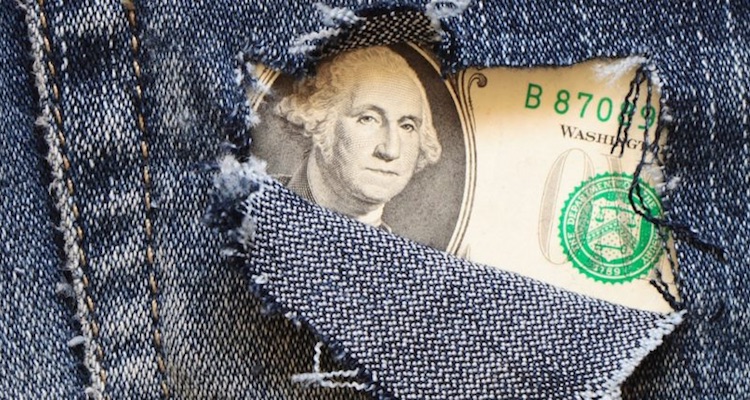Future of Investing
How socially responsible investing is moving beyond the wealthy
- Despite surveys that indicate millennials are most interested in socially responsible investing, the appeal of this type of product spans millennials, Gen X and baby boomers.
- Fintech companies are working to expand the field of available investments for customers of more modest means.








